On Monday 28 April, 15 gigawatts ‘vanished’ from the Spanish electricity grid. This triggered one of the largest blackouts in the history of the Iberian Peninsula, with some regions disconnected for almost 24 hours. Although the incident caused chaos across the region with public transport coming to a standstill, businesses closed and flights cancelled, most research centres were able to secure scientific data and equipment. ‘The availability of an autonomous power supply system, as well as the preventive protection measures … restricted serious losses,’ explains Imma Escofet Miquel, managing director of ICIQ in Tarragona, Spain.

The cause of the outage remains a mystery, but reports suggest that both Spanish and Portuguese authorities have abandoned hypotheses that atmospheric phenomena or cyber-attacks were to blame. Problems with the resilience of the energy grid, which remains isolated from the rest of the Europe, are being investigated. ‘The only proven point is the disconnection, lasting just five seconds, of 15 gigawatts of solar power,’ explained energy expert Julio Melero, from the University of Zaragoza, in declarations to the Science Media Centre in Spain. Alongside two other incidents this ‘undoubtedly created an adverse situation in the grid, related to changes in tension and frequency that drove the disconnection’, he adds.
Nevertheless, scientific infrastructure, like the Alba synchrotron and the Barcelona Supercomputing Centre (BSC), remained stable, thanks to backup batteries and diesel generators. ‘We turned off any non-essential systems, and everything critical survived connected to our generator, which ensures an energy autonomy of about 24 hours,’ says Caterina Biscari, director of Alba. ‘On Tuesday morning, we spent almost two hours re-launching all our systems [progressively] to avoid any hiccups, then launched the particle accelerator and electron beam at 2pm,’ she adds. Marenostrum 5, the main supercomputer at BSC, ‘counts on uninterruptible power supplies … which ensured the safekeeping of data and avoided [the outage] affecting the viability of scientific projects’, a BSC spokesperson said. The supercomputer was restarted as soon as the government ensured a solid and stable supply of electricity.
Diesel generators also ensured biological samples, sensitive to changes in condition such as temperature, humidity and air quality, were undamaged. ‘Fully recharged, our generators remain operative for over two days,’ says Fernando Peláez, acting director of CNIO, the Spanish national cancer research centre in Madrid. This was ‘essential’ for some activities, including ‘refrigerators and freezers with biological samples, cell culture incubators and vivariums’, he adds.
‘Thankfully, generators worked, and our staff swiftly responded to protect the important infrastructure, ensuring minimal fuel consumption,’ says Diego Peña, director of CIQUS in Santiago de Compostela. ‘At the time, we were unsure about the possible span of the blackout, we only kept the most essential equipment on.’ This included scientific instruments, such as NMR spectrometers, but also the internet connection. Since the outage had shut down telecom towers and servers across the country, ‘the generators were key to keep connected and coordinated,’ Peña adds. CIQUS remained off-grid until 3.30am the next day.
The blackout also caught some scientists by surprise during a conference in Faro, Portugal. ‘The lights went off in the middle of a lecture … soon some people started speculating the blackout may last as long as three days,’ explains CICECO researcher João Borges, a member of the scientific committee for the 9th Portuguese Young Chemists Meeting. Luckily, ‘some still had access to the internet’. Upon understanding the magnitude of the blackout, ‘we decided to have lunch and improvise an informal poster session’, says Borges. Back in his lab in Aveiro, ‘our cells stayed well preserved in liquid nitrogen … and most of the equipment seems to have survived without issues’. Some samples and reagents in fridges may have decomposed, but it’s too early to know.
Although the extent of the damage is still under investigation, Iberian research institutions appear to have emerged relatively unscathed. ‘The incident indicates the importance of maintaining robust and reliable safety systems,’ says Escofet Miquel. Biscari also highlights the importance of local, regional and national government aid, saying these authorities reached out to Alba, ‘which made us feel strongly supported’. Both Biscari and Peña emphasise the enormous efforts of staff across the board. ‘Our technical team checked everything to avoid any serious issues … and overall did a fantastic job,’ says Peña.


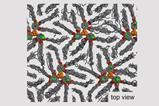



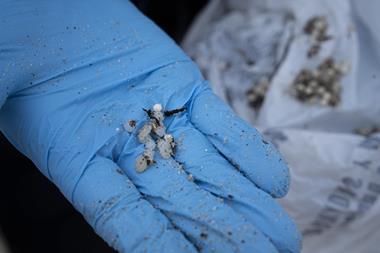
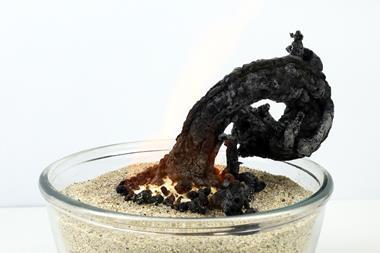

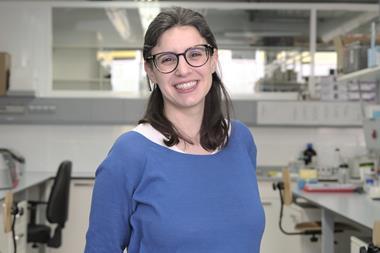
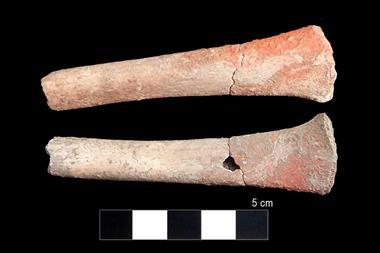






No comments yet